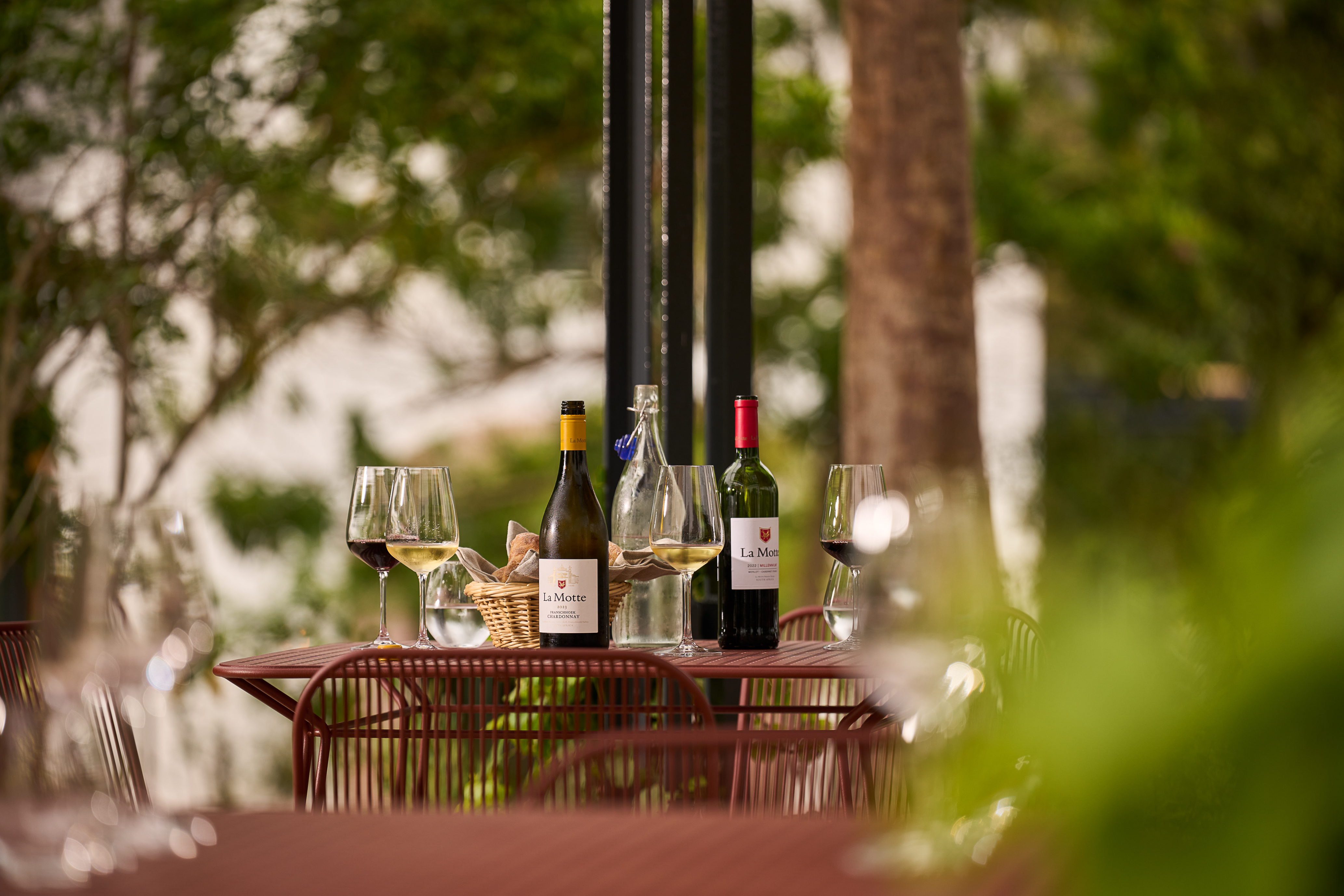US President Donald Trump’s ham-fisted tariff policies have prompted a range of responses including consumer boycotts of American products.
In Canada, where Trump’s annexation threats triggered a wave of “elbows up” nationalism, the backlash has been intense.
A July survey by Kantar, a global research and consulting company, of consumers in the UK, France and Canada found that the Canucks were far more likely than the British or French to boycott American products, services and travel.
In March, the populist premier of Ontario, Doug Ford, ordered the removal of all US alcohol products from the shelves of the outlets of the Liquor Control Board of Ontario.
This has become a Canadian trend, and it caught the attention of Ivan Meyer, the Western Cape’s MEC for agriculture.
“When I saw the citizens of Canada remove wine from the shelves because of the Trump tariffs against Canada, something triggered me,” Meyer, pointing to his head, told Daily Maverick after a Nedbank round table discussion on the sidelines of the Cape Nampo agricultural fair in Bredasdorp.
“I also visited the Napa Valley in California, and saw the great wine, and I knew Canada must be importing wine from Napa Valley. And I thought that’s the space we need to be… We believe that every crisis presents an opportunity.”
During the recent meeting of G20 finance ministers in South Africa, Meyer said he met Canadian Finance Minister François-Philippe Champagne.
“We had discussions and a lovely dinner with him and the first words he said were, ‘Mr Minister, Canada is open for business’,” Meyer said.
“We are now sending a trade delegation to Canada in October with a focus on wine and table grapes. Canada is the new friend of my province.”
This is certainly a sensible approach: follow the trail of consumer and government boycotts of US products and fill the gap – which will help to compensate for declining exports to the US.
In the first six months of this year, South Africa’s exports to the US declined 14.7% year-on-year. And the 30% tariff on South African imports to the US kicked in on 7 August, which means the second half of the year could see a heftier decline.
Losing market share in the US is clearly a blow to many sectors of the South African economy, and it must be noted that America’s economy is more than 10 times the size of Canada’s.
North America: Gross domestic product of Canada and the US from 2020 to 2030 (in billion US dollars)
/file/dailymaverick/wp-content/uploads/2025/09/north-america-gdp.jpg)
AgriSA CEO Johann Kotzé noted during the Nedbank panel discussion that America is a “fantastic market” and he was worried that many South Africans were now treating it like a “no-go zone”.
He said that it can take eight to 10 years for agricultural producers to penetrate a new market and that South Africa’s huge advantage was “counter-seasonal”. South African citrus and avocados, for example, are grown at the opposite side of the calendar year, which means farmers from here (South Africa) are not competing on these fronts with farmers from there (US).
And who knows, Trump’s topsy-turvy tariffs may – or may not – be struck down by the US Supreme Court, which is set to decide on their legality and could issue a judgment before the end of the year.
Or the laws of economic gravity may eventually see the gutting of the tariffs when the Trump administration finally realises that they are fuelling inflation and hitting company profits.
In the meantime, it is a good strategy to seek other markets and have your products replace the US ones that have been removed from Canadian shelves. DM
Ed’s take
As a Canadian, this correspondent can report that South African wine generally is far superior to the bulk of the plonk produced in my homeland. Canada rules the roost when it comes to products like maple syrup, but wine is not our forte. My nationalism extends to the hockey rink but it withers on the grape vine. The bottom line is that it is a market where South African wine can grow.





 Wine in nature at La Motte. (Photo: Supplied)
Wine in nature at La Motte. (Photo: Supplied)